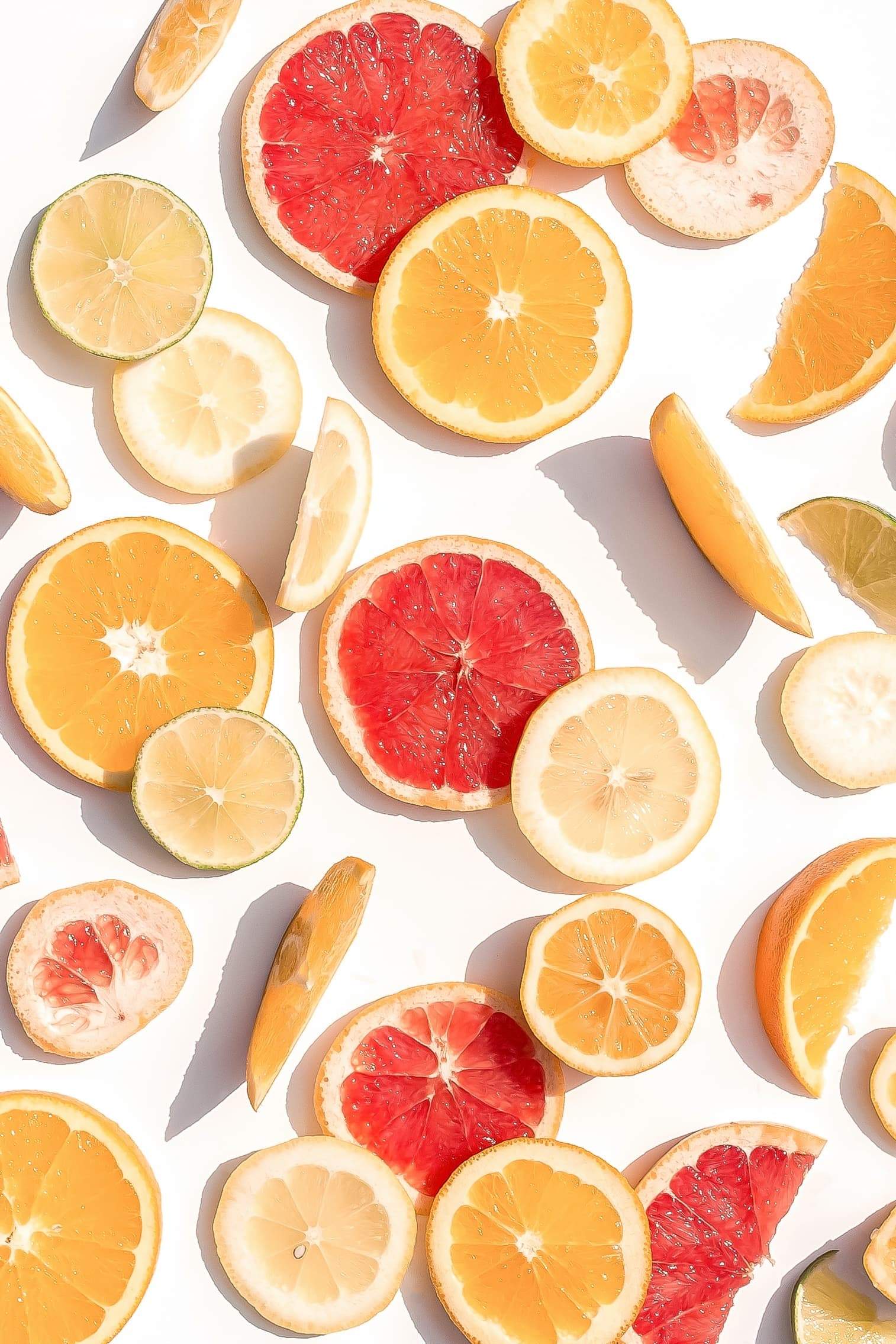10 Things to Know About Feeding Your Baby Solids

Gearing up to give your little their first bite of real (pureed) food—or running into questions as you transition into bigger bites? Consider this your ultimate cheat sheet. Our go-to pediatrician Payal Adhikari, MD, with Child and Adolescent Health Associates in Chicago, is sharing her ten best tips for teaching your baby the art of a good chow.
4-6 months is a good time to start solids
“I like to start closer to six months, or when your baby shows an interest in food and has good head and trunk control,” says Dr. Adhikari. (Your baby doesn’t have to be totally sitting up on their own to start solids, but they should sit comfortably in a highchair.)
It’s a-ok to skip cereals
For years moms have been told to that rice cereal mixed with formula or breastmilk should be baby’s first food, but Dr. Adhikari says you can bypass cereal and go right into fruits and veggies. “Baby cereals aren’t that nutritionally interesting—historically we offered them because they had iron (which babies need starting between four and six months), but now babies can get iron from formula or a liquid vitamin if you’re breastfeeding.”
Solids should be fun
As you’re getting started, don’t stress if your baby spits food out or turns her head—just give solids a try again the next day. Finding that she only wants to eat banana at first? Need to serve lunch an hour early because you’re heading to music class? That’s all ok, too, says Dr. Adhikari. You want solids to be a positive experience for your little, so give them a try when they’re not hungry (like shortly after a bottle) and don't force it. “Your baby’s primary nutrition should still come from their formula or breastmilk up until around nine months, when they start eating more real foods,” she says.
It’s easy to make your own baby food—really.
“Banana, avocado, a steamed sweet potato—those are all easy to mash up and make into a nice pureed consistency without involving a lot of work,” says Dr. Adhikari. And if you’ve got a steamer and a blender, you can purée just about any fruit or veggie in bulk, then freeze individual portions in silicone ice cube trays for super-fast, homemade meals during the week.
Think of pouches as on-the-go snacks
They’re popular, convenient, and tasty, but baby food pouches often contain super concentrated fruits that are high in sugar. “These should never be your baby’s only food source,” says Dr. Adhikari. (Plus, they don’t expose your little to various food textures, which help him learn to chew.)
Add one new food every 2-3 days
It’s a good idea to introduce new foods one-by-one in the early weeks so you can easily spot any allergies. (If your baby has eczema or a strong family history of allergies, talk to your pediatrician about how to introduce new foods.) Feeling anxious about trying peanut butter? Dr. Adhikari says giving it to your baby early could be beneficial. A big glob can be a choking hazard, but melting and thinning some peanut butter down, or just adding in powdered peanut butter to your little’s sweet potato or applesauce is a great place to start.
Add compound foods after a month
Mastered the fruit and veggie scene? Your baby’s probably ready to try pureed meats, soft yogurt, cottage cheese, and other compound, more interesting foods like homemade fruit blends, or even adding in simple spices like cinnamon to the mix.
Try to end purees by around nine months
Nine months is a transition period for a number of babes when it comes to feeding—it's a good time to make the swap and begin to receive more of their calories from real food and less from milk. It’s also a good benchmark for when they should be moving on from purees to more solid, textured foods, says Dr. Adhikari.
Gradually make food chunkier
Wondering how to transition your little from a purée to real table food? “Start with soft, chunkier pieces of foods like banana and avocado, and as soon as your little develops a pincer grasp you can offer little pieces of soft bread, cooked pasta, eggs—essentially anything that isn’t hard and round or presents a choking hazard,” says Dr. Adhikari.
Share meals by 12 months
When your baby’s a year old, the goal is to have them eating everything you’re eating, only in much smaller pieces. (Just make sure it’s not pizza and enchiladas every night, says Dr. Adhikari.)











